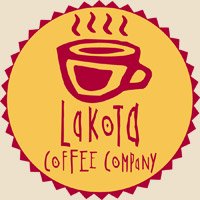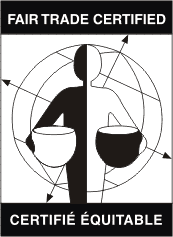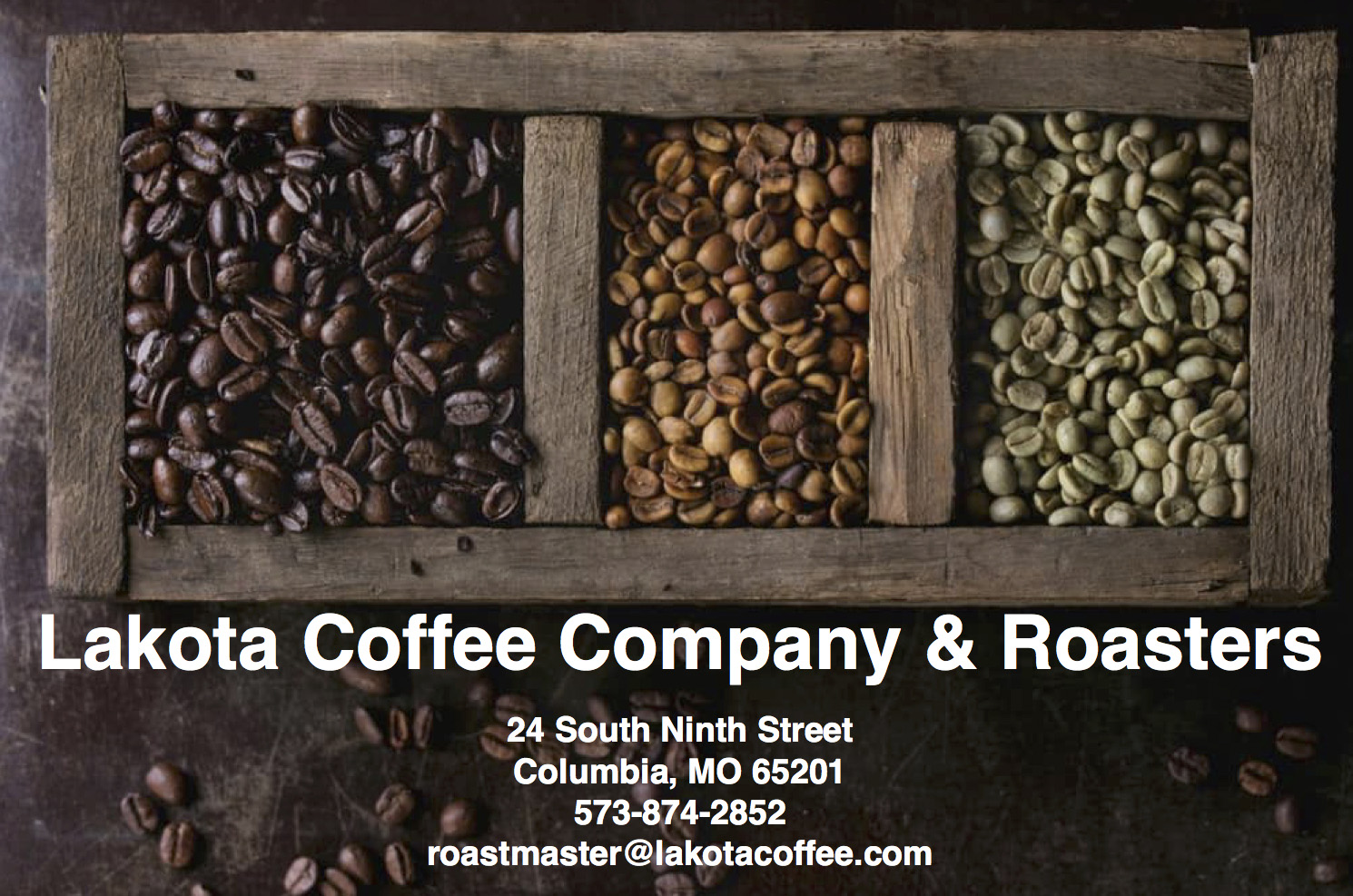
CERTIFIED ORGANIC COFFEE AND FAIR TRADE ORGANICS
Fair Trade Organic Coffee and Certified Organic Coffee are not only among the worlds very best in terms of quality, but they are environmentally sound and help guarantee a fair price to the grower.

What's the difference between Certified Organic and Fair Trade?
Well, I’m glad you asked! Most Fair Trade Coffees are organically grown, but not all organics are Fair Traded. Confused yet?
Let me explain.
For hundreds of years farmers have grown coffee organically, that is to say, without the use of synthetic pesticides and herbicides.

Enter problem #1:
More recently, difficult times have struck, causing some farmers to try “more modern methods” to get a better cash crop.
You know the story. Thus, the arrival of a variety of methods designed to get more production, ultimately, at the expense of the farming community.
Fortunately, there are plenty of stubborn folks out there who choose to maintain all of their traditional ways by promoting the use of shade trees, composting, and inter-planting of other food and cash crops along with coffee.
These practices keep Mother Earth healthy by preventing water contamination and providing habitat for dozens of species of migratory birds that, in turn feast upon the little “varmints” that damage the coffee trees!
These farmers now have some support from organizations that provide certification for those earth-friendly traditional farming methods.
Thus, we have Certified Organics.

NOTE: Many of the “regular coffees” that you may purchase are organically grown but still un-certified. The certification process is expensive but farmers eventually discover that the price of third-party certification is more than offset by the premium price they can get for their coffee.
When specialty coffee importers travel to coffee estates they are always looking for the very best. Not surprisingly, many traditionally grown organic coffees can show very high quality “in the cup!”
Enter problem #2:
As the world market becomes flooded with cheap, low-quality coffee from over-producers like Vietnam, small estates that adhere to traditional farming practices can’t compete in the market place and are often left in a bad way, many being devastated.
To make matters worse, under the current trade system, very little (often less than 10%) of what consumers pay for coffee actually reaches the families that did all the hard work growing the beans.
The hopeful remedy for this problem is the Fair Trade Act. Fair traded coffee is purchased directly from farming cooperatives, eliminating the usual middlemen and makes it possible for farmers to earn a fair and equitable living.
Thus, we have Fair Trade Coffee.

What we can hope for here is that eventually all of the small farming communities that use traditional organic methods that, by the way, produce some of the best coffee in the world, will be able to take advantage of the Fair Trade cooperative.
As you can see, it’s very important that we use our purchasing power to support Fair Trade and Certified Organics. Contrary to what some “experts” say, interest in Fair Trade and Certified Organics isn’t just a passing fancy. It seems that more and more people really do care.
You can make a small but not insignificant difference by helping third-world farmers protect themselves, their families, and communities from the hazards of “modernized” growing methods, AND help protect the environment, AND see that the family workers who lovingly produce the cherished bean earn a premium price for their efforts. And guess what!
It only costs us a few extra pennies!
To experience our amazing fresh roasted organics for yourself, please visit:

Your choice really does make a difference.
Please support Fair Trade and
Certified Organic Coffee!
Go To Our Specialty-Coffee-Advisor HOME PAGE!

